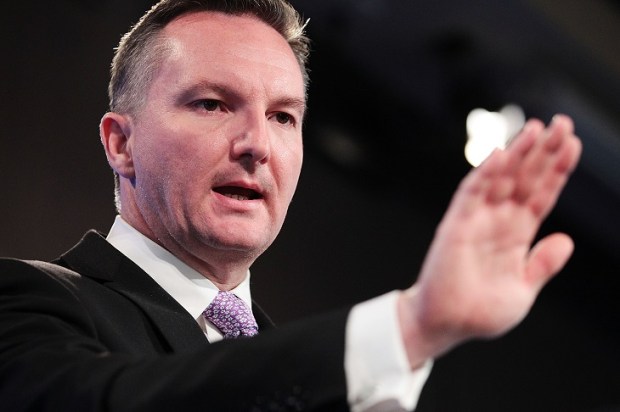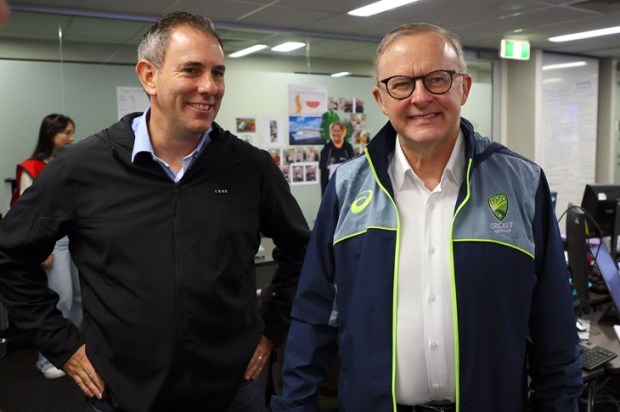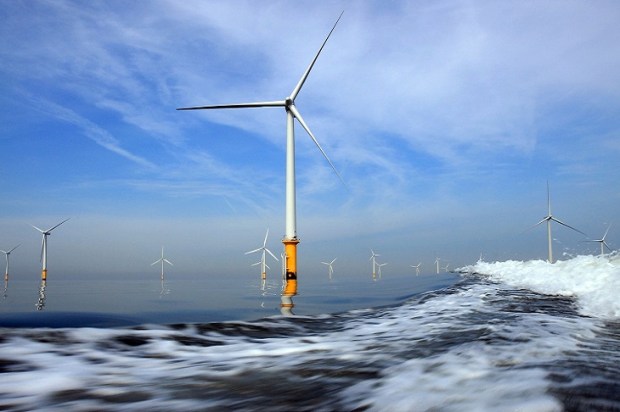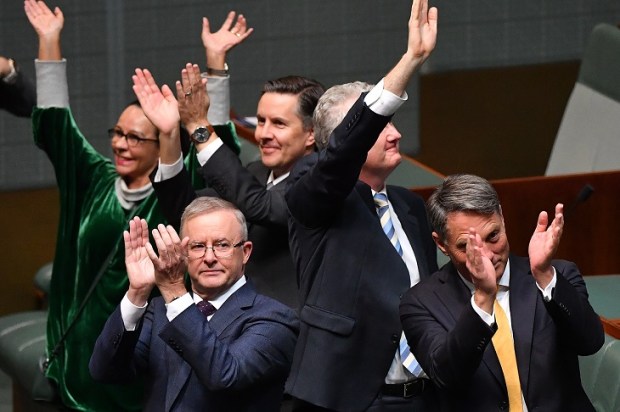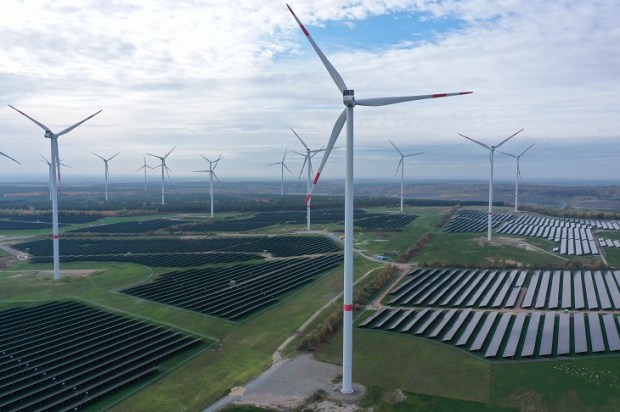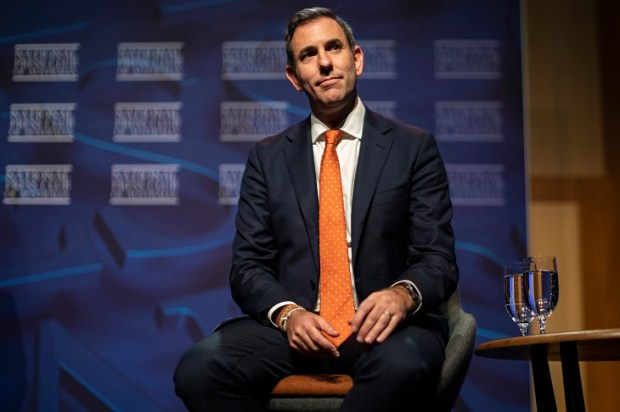Forty years ago, John Cain’s Victorian government commenced an era of extravagant expenditure turbocharged by the Victorian Economic Development Corporation (a forerunner of the Albanese government’s Future Made in Australia fund) and government deficits. As the chickens of this were coming home to roost in 1990, after eight years as Premier, he was replaced by Joan Kirner, a politician from the far left.
The nine-year reign of Dan Andrews saw a comparable massive expenditure increase including extravagant public service spending and was propelled by his Big Build infrastructure program. Andrews was last year replaced by Jacinta Allen, like Joan Kirner, from the socialist left.
Facing a nemesis of reality and under pressure from foreign bondholders, Mrs Kirner realised that the spending excesses of the Cain government had to stop. She started trying to rein things in, including slashing staffing levels in government businesses like the State Electricity Commission. But public debt stood at 16 per cent of Gross State Product, triggering a revolt by bondholders against further government loans. Mrs Kirner’s attempts to redress spending were too few and her government fell to Jeff Kennett who presented an aggressive platform of cost-cutting and paying off debt by privatisation.
The latest Victorian Budget, like those of Mrs Kirner, takes tentative steps to budget repair with modest cuts to public service personnel, and abandoning some planned projects, while slowing spending on others. Jacinta Allen actually inherits a far worse debt than Joan Kirner, at some 25 per cent of Gross State Product. But the adverse effects are – for the time being – cushioned by interest rates that are lower than they were in the 1990s.
Fortunately for Jacinta Allen, the state ALP does not face political opponents of the calibre of Jeff Kennett and his key lieutenants Alan Stockdale and Phil Gude. Moreover, Opposition leader John Pesutto has adopted a me-too strategy. Indeed, the response to the Budget consisted of general moans about the need to reduce debt and calls for balancing spending and taxes, accompanied by criticisms of the government in areas where it has tried to make savings!
For Jeff Kennett, restoring state finances had some opportunities that are not available today. Not only is today’s Victorian debt far higher than that of 1990 but paying it off is now far more difficult.
Jeff Kennett came into office with the government owning some fabulous but grossly under-performing assets, especially in energy. Selling these netted $28 billion ($62 billion in today’s money) for the state. This allowed the accumulated debt to be paid off, while also transferring the assets into private sector hands resulting in vast improvements in productivity by shedding surplus labour and ensuring the power stations were better maintained.
Today’s restoration of sound finances therefore requires a greater focus on cutting spending.
However, a resolute government has state repair opportunities that have greater potential than those available to Jeff Kennett. The Andrews/Allen government measures have vastly expanded the level of income-diminishing regulations, offering an incoming government plenty of scope to unleash new areas of productivity.
These include
- restoring balance in industrial relations where the CFMEU and other radical unions have been freed up to harass employers
- restoring the availability of irrigators’ water taken for phony environmental reasons
- unlocking land that has been sterilised from productive activities in national parks and removing the new layers of approvals on the use of land for farming, mining and forestry
- reducing the regulations on housing – both the use of land and the house itself (the building of which is burdened by new regulations on energy and accessibility)
Above all, they include getting rid of the subsidies and regulations that are destroying the competitive gas and electricity supply industry. The formerly world-beating performance of these industries was ushered in by the Kennett administration’s reforms and privatisations but is being strangled by the present government under Minister Lily D’Ambrosio, who has even more extreme green views (peppered by additional personnel ‘diversity’ agendas) than her federal counterpart. Taking steps to foster coal generation, abandon the renewables subsidies and permit the search for and extraction of gas would pay immense dividends.
This said, all the current signs are that the ALP will not be much troubled in winning the next state election. The present Coalition leadership is proving itself utterly incapable of devising an agenda to bring the state from the economic precipice. It is seeking to slide into power, Nick Greiner style, by saying very little. Unless an economic catastrophe takes place, this is unlikely to work and, if it did, would offer no platform on which to resurrect the state’s finances.
There are leadership gems in the junior ranks of the Coalition as well as in other conservative parties. Hopefully, we will not have to await another election cycle for them to emerge.


